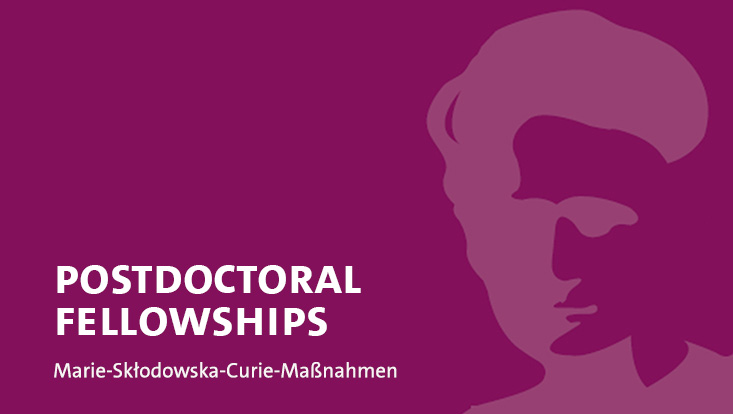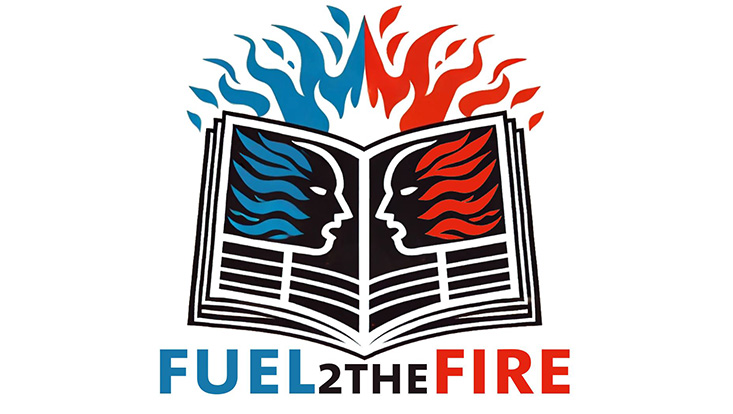Supporting international early career researchersTwo New Marie Skłodowska Curie Postdoc Fellowships at Universität Hamburg
27 February 2024, by Viola Griehl

Photo: Marie Skłodowska Curie actions
New imaging procedures to examine the effect of nanoparticles in living cells and research on the economic and historical significance of ancient Tamil literary sources—Universität Hamburg now has 2 new Marie Skłodowska Curie postdoctoral fellowships.
Studying the effect of nanoparticles in living cells
In the Department of Physics, Prof. Dr. Wolfgang Parak and fellow Bo Zhou (Imperial College London) will do research on how biomedical nanoparticles interact with living cells in their project NANO-PEFIS: A Combined Photoelectrochemical and Fluorescence Imaging System for Investigating Nanoparticle-Cell Interactions.
Due to their characteristics, nanoparticles (NP) have been growing more attractive for their biomedical applications, such as prescribing drugs in a more targeted fashion, cancer treatment, and imaging. Interactions between NP and cells are crucial to the development of safe, effective use of NP in living organisms: how are NP absorbed by cells and how harmful might they be? The current methods for studying these interactions rely on fluorescence microscopy, which requires separate supplementary methods. In Parak’s and Zhou’s research project, a new imaging system will be developed in which photo-electric chemical imaging free of markers and fluorescent imaging can operate at the same time, facilitating the study of NP-cell interactions in real time using a laser. The goal is to quickly develop safe, effective nano drugs and nano distribution systems so that drugs can be used in a targeted fashion to treat and prevent various diseases.
Researching the economic and historical significance of ancient Tamil literary sources
At the Asien-Afrika-Institut, there is a new research project being conducted by fellow Roland Imre Ferenczi (Eötvös Loránd University) within the scope of the existent project Tamilex headed by Prof. Dr. Eva Wilden: MariTamil: Insights into a Maritime World: Understanding Indian Ocean Trade through an Old Tamil Littoral Narrative will focus on the economic and historical significance of ancient Tamil literary sources created at the ancient South Indian royal courts active in Indian-Roman trade between the first and fourth centuries CE. This epoch marked a crucial turning point in the region’s history. In the project, a new, critical edition of the Pattinappālai will be created on the basis of preserved manuscripts made of palm leaves and paper. This will include a comprehensive philological and historical analysis.
The source offers insight into the life of the Pukār port on the southern coast of India, where, according to the Tamil texts, Greek ships arrived bearing valuable gold and departed again with pepper, which was then highly desirable. The goal is to rethink our notions of early Tamil history and maritime trade between countries active in the Indian Ocean by consolidating sources in previously distinct disciplines such as literary history, history, and archeology.
Marie Skłodowska Curie actions (MSCA)
The Marie Skłodowska Curie actions (MSCA) are part of the European Horizon Europe program. They were named after physicist and chemist Marie Curie. The Polish-born scientist lived in France and did research on radioactivity, ultimately receiving 2 Nobel Prizes. The postdoctoral fellowships foster excellent individual research projects headed by researchers who have received their doctorates and are working at institutions within and outside Europe. The goal is to support research careers by promoting international and intersectoral mobility. The funding period for European fellowships ranges from 12 to 24 months.


